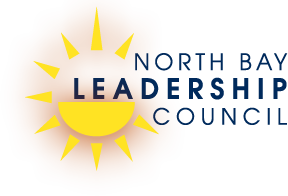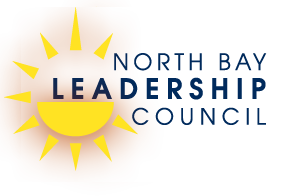Visitors to the lobby of Sonoma Jet Center were greeted by an unusual sight Tuesday morning: two dozen Labrador retrievers, Golden retrievers and crosses of the two breeds. Squirming, frolicking, yapping — and in a few cases, zonked out for an early nap — the pups gave new meaning to the expression “precious cargo.”
Tuesday’s puppy airlift was organized by Santa Rosa-based Canine Companions for Independence, a national nonprofit that places assistance dogs with children, adults and veterans with disabilities.
In ordinary times, the pups would be flown to Canine Companion’s far-flung network of trainers, and training centers, on commercial airlines. With the coronavirus severely curtailing flights, said Paige Mazzoni, the nonprofit’s CEO, the supply chain of puppies had been “disrupted.”
To the rescue came Josh Hochberg, Jeff Stewart and Martyn Lewis, pilots who live in the area and agreed to fly the puppies on their own private aircraft. Thus was the tarmac at the Sonoma Jet Center transformed, for a half hour or so, into what looked like a Hallmark commercial.
The dogs were then placed in crates — two per container, so they didn’t get lonely — on the planes. Hochberg, owner of the jet center, adjacent to the Charles M. Schulz–Sonoma County Airport, would be dropping dogs in Portland and Seattle in his sleek Cessna 340.
In his King Air B200 turboprop, Stewart was delivering puppies to Boise, Idaho, Spokane, Washington, then Great Falls, Montana. While he’d be cruising at 28,000 feet, the cabin would be pressurized to 6,000 feet — “like going to Tahoe,” he said.
With snow forecast in Great Falls Tuesday and inclement weather expected throughout the Northwest, Stewart said he needed to make sure the crates were secure. “It’ll be bumpy on the takeoffs and landings,” he said.
Stewart, who has over 30 years of experience, is also president of Blue Star Gas, a propane distribution company in Santa Rosa. Like all the pilots working with Canine Companions, he’s donating his time and paying for the plane fuel to get the pups to their trainers.
“Having an opportunity like this,” he said, “to make sure that people who need these animals are able to have them, when they need them — it feels wonderful.”
If some of the dogs seemed a tad groggy by 8 o’clock in the morning, it was because “they’ve already had a big day,” said Jason Bellucci-King, early care assistant manager for Canine Companions. Staff was in at 6 a.m. to give the puppies the first bath of their lives, after which their hair was blown dry — the dogs, not the staff — and they were dressed in their little yellow Canine Companions capes. (With the pups hardwired to pull on strings, many capes had to be retied.)
Lewis, a marketing researcher, had previously helped Canine Companions in that capacity. As an aviator, he has rescued animals for the nonprofit Pilots N Paws. Once the pandemic hit and commercial airlines reduced their service, he urged Mazzoni, the CEO, to consider a general aviation alternative for getting the puppies to their trainers.
He brought in Hochberg, who owns a similar private jet center in Carlsbad — not far from another Canine Companions’ training site. Because Hochberg commutes to Carlsbad almost weekly, he said, “I’ve been taking pups down there.”
One of the lessons they’ve learned, Lewis said, is to get the puppies to the terminal at least a half hour before departure. “If they get a chance to play,” he said, “they tend to sleep on the plane.”
Lewis pipes Sirius Satellite Radio into the cabin, so the dogs might be soothed by music, and the voices of pilot and co-pilot.
These flights for Canine Companions, he said, combine two of his greatest passions, dogs and flying.
“As a pilot, it makes you feel good to be on a mission,” Lewis said, “rather than just flying around.”

